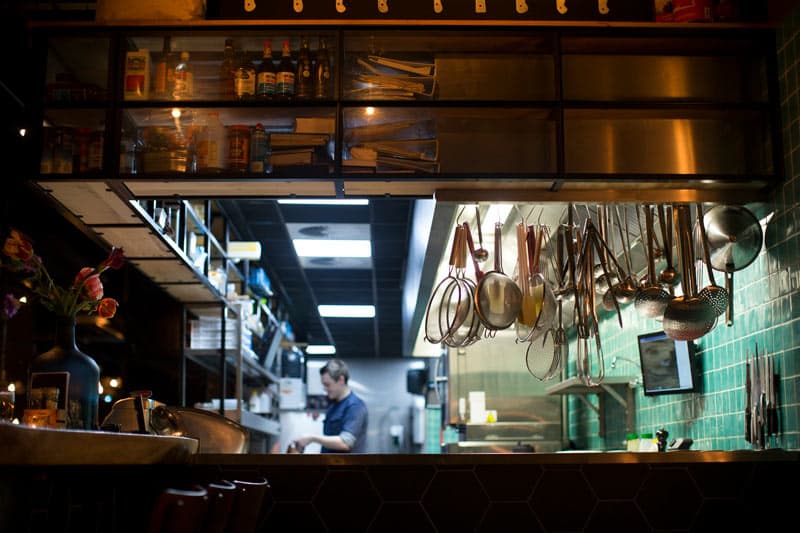The Ansul R-102 Restaurant Fire Suppression System is the industry standard for fire safety in professional kitchens and restaurants. If you’re looking into restaurant fire protection requirements, this is most likely the system you have, and will need help inspecting. To ensure your kitchen fire suppression system is working to keep your restaurant, employees, and customers safe, an Ansul system inspection must be performed regularly.
What is an Ansul System Inspection?
A complete inspection of your Ansul kitchen hood fire suppression system should happen regularly — at least once every six months, according to NFPA 96. To complete the inspection, you’ll need to first coordinate maintenance with a factory authorized, trained service technician. Only authorized providers can provide proper system maintenance.
At your inspection, your technician will examine the equipment for any weaknesses and inform you of any adjustments that need to be made or provide documentation for compliance. Every Ansul R-102 kitchen suppression system inspection should be clearly documented in your recordkeeping and on the equipment service tag.
All employees should be informed of the date and time of each inspection, as any cooking equipment should be unused and cool to the touch to give the Ansul system service technician full, safe access to the area.
What to Expect During an Inspection
To complete an inspection, the kitchen must be shut down so the technician can safely access each component of your Ansul R-102 kitchen fire suppression system. All equipment will be visually examined to ensure all nozzles and appliances are fitted securely.
Your service technician will check for tampering, appropriate pressure readings for the gauges, and efficient function of all micro switches and shut off valves. Any issues or needed repairs will be noted and submitted in the inspection report. (For a comprehensive list of each step that goes into your Ansul fire suppression system inspection, check out our article: What to Expect From a Kitchen Hood Fire Suppression System Inspection)
During an inspection, the technician will also perform regular maintenance, such as replacement of protective blow off caps and fusible links, and testing the reaction of the fire alarm system.
After Your Inspection
When the inspection is complete, make sure the service tag is updated with the correct time of inspection, and that the next inspection date is equally prominent.
If your Ansul system passes the inspection, you will receive a report of compliance. If there were any concerns or repairs, the service technician will go over them with you, and you will be able to submit your new inspection report to the local fire department once they have been addressed.
Maintaining Your System
These best practices can help you extend the lifespan of your Ansul system and maintain kitchen safety.
- Remove any grease buildup from kitchen equipment
- Utilize your exhaust system when preheating, cooking, and cooling appliances
- Use proper filters on your exhaust systems, and make sure they allow air to pass freely
- Use cleaning agents designed for kitchen appliances — nothing flammable
- Make sure all fire suppression discharge nozzles are not blocked by equipment or cookware
- Regularly remove grease from the kitchen hood, filters, and ducts
- Complete regular inspections of your fire detection and suppression systems
How to Complete Your Ansul System Inspection
Find an authorized Ansul system service provider that understands the system safety requirements. You may be able to set up a recurring appointment to have a service technician inspect and certify your system.
If you’re cleaning your commercial kitchen hood and realize it’s been a while since you’ve had it’s fire suppression system checked out, let us know. Vanguard Fire & Security Systems is an authorized provider of Ansul R-102 Restaurant Fire Suppression Systems, and our qualified technicians regularly complete bi-annual inspections, testing, and maintenance for a number of commercial kitchens. If it’s time for your inspection, our team is happy to come out and make sure your kitchen is safe.


